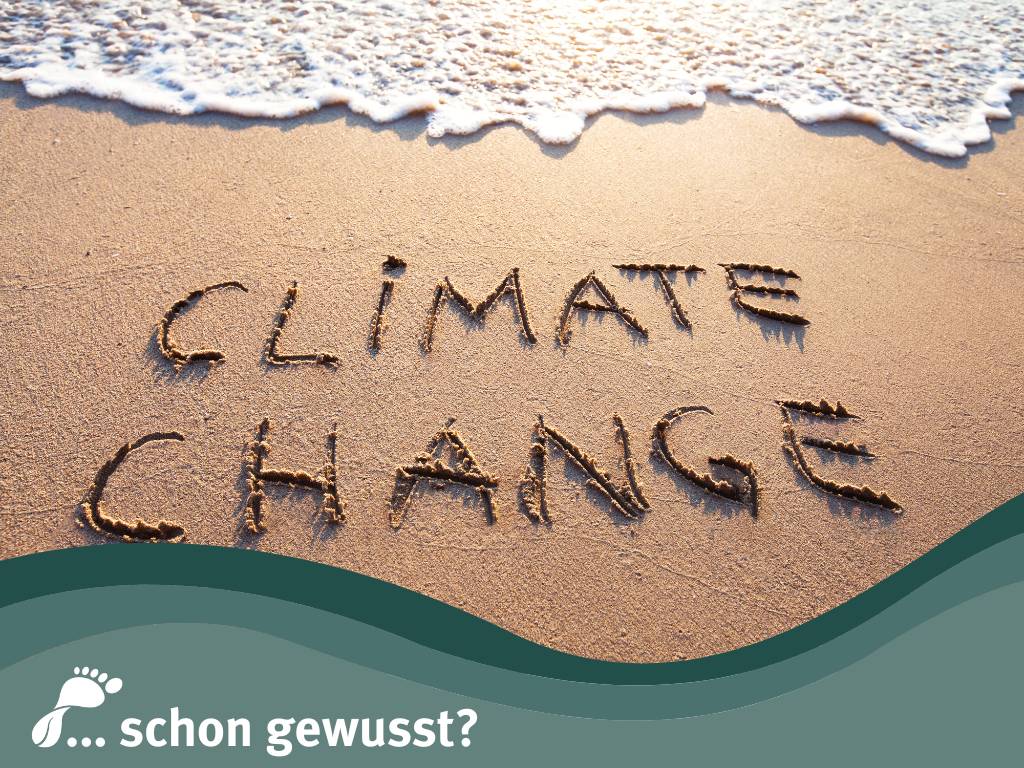Skepticism and little trust in politics: Climate Study 2022

The recently published Climate Study 2022 on the attitudes of Austrians towards the climate crisis, which we have already presented in a separate article, looks at the perception of the population and comes to interesting conclusions, such as a perceived lack of information, declining optimism, low trust in climate policy and a fairly high level of awareness of the problem of the climate crisis. Here are the details.
Facing the future with growing skepticism
Compared to 2020, Austrians are much more skeptical about the future in 2022, no doubt also due to the various crises such as the coronavirus pandemic and the war in Ukraine. Compared to 68% two years ago, only 42% are positive about the future. With regard to the climate crisis, 5% more Austrians now believe that we are at an advanced stage on the climate crisis scale than two years ago and confidence that we can stop it with the right measures has decreased to the same extent. Confidence in politicians to get the crisis under control has also decreased, with 68% of the population not believing that politicians will implement the right measures.
Increased awareness of the problem of climate change
Three quarters of the population are interested in the topic, a third even very interested, despite the high profile of current crisis topics such as coronavirus and war. Three out of four respondents are concerned that measures to combat the climate crisis are not being taken in time.
Many participants feel inadequately informed about the topic - only one in seven (15 percent) are sufficiently informed. "Three out of five (62 percent) do not know the status of the climate targets. Two out of three (65%) do not know exactly what it will cost Austria if the EU climate targets are not met. Two out of three people (64%) are unclear about what climate protection measures Austria has committed to. Six out of ten people (58 percent) do not know exactly what successful climate protection measures are and what consequences the climate crisis will have on life in Austria," says the study.
The climate crisis is causing fear among more than half of the population. The majority of people see a direct link between extreme weather and heatwaves and the climate crisis, and around 60% believe that the next ten years will decide the course of events.
Sensible measures to combat the climate crisis
The willingness to take measures is high among the population, with 86% convinced of their necessity. According to the study: "A clear majority of three out of five Austrians (62%) would even like to see mandatory energy-saving measures. 91% of Austrians want solar power to be supported on all roofs. Four out of five people (82%) want public transport to be more dense." Many see rural areas as being neglected in comparison to urban areas. Two thirds of the population want measures based on the polluter pays principle and an overwhelming majority want scientific findings to be used as the basis for decisions.
Climate-friendly behavior
Over 80 percent of Austrians want to be more climate-friendly in the future. The energy crisis caused by the war in Ukraine has led to a major rethink. Only 4 percent would now choose a fossil fuel heating system.
Who is driving change?
The topic is still an elitist one. It would therefore be all the more important to convince the "milieu of the adaptive-pragmatic center, which at 14 percent makes up the largest share of the Austrian population" (Climate Study 2022) of its importance in order to be able to promote it on a broad scale.
Our pro.earth. Conclusion
We take the great need for information that still exists among the population seriously as an educational mission and will devote even more editorial attention to this issue in future. In addition, we are happy to accept the great willingness to make our own behavior more climate-friendly with our motto: act instead of talk!






